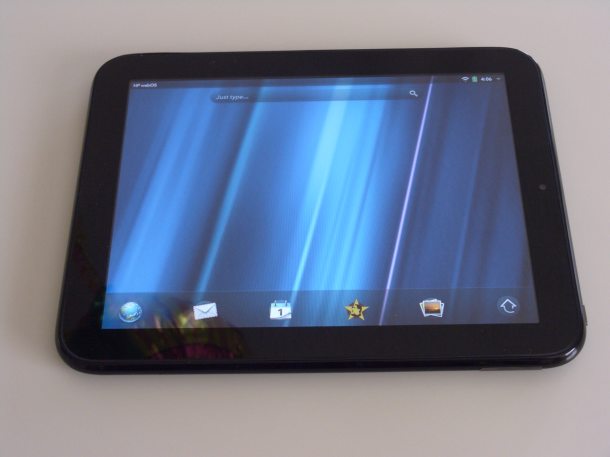WebOS could be a Contender


The devices, including the tiny HP Veer smartphone; the Pre 3 with its HD video recording and powered by a 1.4GHz Qualcomm CPU, and the 9.7-inch TouchPad with its Qualcomm Snapdragon dual-CPU APQ8060 1.2-GHz processor and 16 to 32GBs of storage all sounded and looked great at HP's great webOS device unveiling party.
What I found most interesting though was that HP is planning on taking webOS 3.0 to laptops and desktops as well. What's this!? HP wants to get into the Linux-based desktop operating system business!? As my buddy from the Washington Post, Rob Pegoraro put it, "'We're going to bring webOS to PCs'" almost two hours into a keynote raises the bar on burying the lede."
I wonder what Microsoft thinks about one of their more faithful partners going into direct competition with them on the desktop? Not much I'll bet you. My ZDNet compadre Sam Diaz thinks HP's move will send "shockwaves through some glass offices" in Redmond. I think it may shatter some of them.
It was annoying to Microsoft when Dell decided to start shipping Ubuntu Linux, but for HP to not only start shipping a Linux desktop, but a house-brand Linux of its very own? This is not news that Microsoft wants to hear.
But, while all this new webOS gear sure looks nifty and neat, I'd sure like to know a lot more about such little things as price, battery life, and availability. I'd also like to know a lot more about webOS 3.0, its application programming interface (API), and its software development kit (SDK).
Sure webOS' built-in suite of applications, such as the HP Synergy unified communications app. Suite that keeps email, instant messaging, contacts, calendar, videos and video calling looks better than ever, but how does an indy developer do that kind of stuff?
Yes, webOS' Mojo Framework and the Plug-in Development Kit (PDK) enable developers to create Web-based applications using JavaScript, Cascading Style Sheets (CSS), HTML and the WebKit open-source, Web-browser engine. The PDK, which enables the use of C and C++, can be used to port applications from other platforms, such as the iPad, to webOS devices. But, dig as I could through the HP press materials and developer Web sites, I couldn't find updates to the next generation of the operating system or about its programming aspects.
In time, HP will deliver all that, and let's say I develop a killer app. how am I going to get it to the webOS users? If it were an iPad app, I'd start jumping through the Apple iTunes App Store hoops or, far more easily, getting his or her program onto the Google Android Market. But, how do I go about easily reaching webOS customers? Good question, HP doesn't seem to have a good answer: Not yet anyway.
Which is why, at the end of the day, while I think webOS could be a contender; I don't say that it's going to be one. HP, behind all the flash and glitter, has a lot of important questions yet to answer both for consumers-price, battery life, ship dates-and for developers--an operating system refresh, SDKs, and APIs.